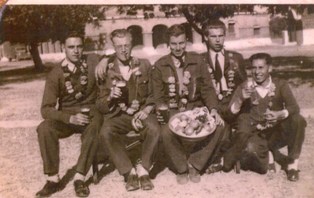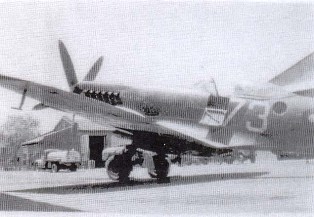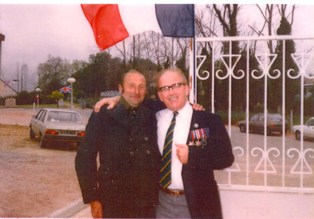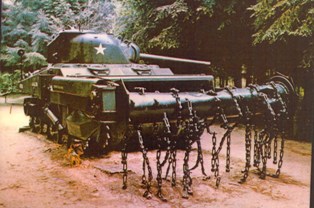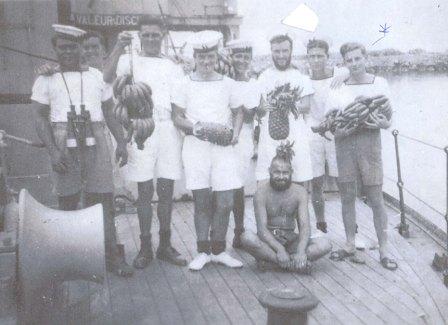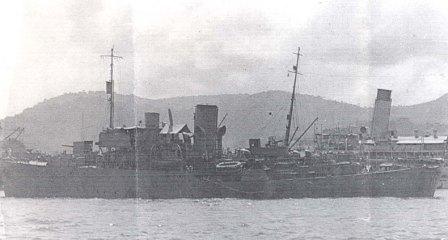
Private 266041 Reginald Frank Sharp
8th Bedfordshire Regiment
Killed in Action 25th September 1916
Thiepval Memorial, Pier and Face 2 C.
Enlisted: Boxmoor, Herts.
Enlisted: St Albans.
Residence: St Albans.
Reginald Frank Sharp served as a member of the 8th Bedfordshire Regiment, under the British 4th army/3rd new army (under General Sir Henry Rawlinson). This division was raised specifically for the war in October 1914, as part of Lord Kitchener's 3rd call to arms. It was dispatched to Boulogne around 28th August 1915, arriving 2 days later on the 30th, were it served in France and Flanders disbanded on the 16th of february 1918, with it’s men moving into other battalions. During its time in service, the division received several gallantry medals, and gained a reputation of reliability.
The battalion, nicknamed the ‘hungry 8th’ by Private 19861 Leslie Worboys, engaged in the Battle of Morval, between the 25th and 28th of September, 1916, as part of the third main phase of the Battle of the Somme (1st July 1916 and 18 November 1916), it followed the battle of Flers-Courcelette, 15th-22nd September 1916, the first tank battle in history.
The battle consisted of two corps, XIV, which attacked east toward Morval and Lesboeufs, and XV Corps, which attacked north towards Gueudecourt.
Reginald Frank Sharp, as well as the 8th Bedfordshire, likely served under the XIV corps, due to its relative success within the obtainment of its second objective when compared to XV, which lines up with the war diary records, mentioning his battalion’s success in their attack.
He likely died following the first day of battle, likely during the middle of the night, wfere 6 platoons were detached to 1st London Company, Royal Engineers, as a working party in captured trenches. It is likely he was part of one of the 2 platoons from C Company who suffered heavy casualties from enemy shell fire. While it is possible he died during the initial attack on the second objective, this is unlikely, as the war diary mentions that casualties from enemy barrage were very slight’, leaving it much more likely he died during the night.
Reginald Sharp's name on the Thiepval Memorial
(Photo: Richard Grayson, 31st March 2018)
Sources:
- 8th Bedfordshire Regiment War Diary, Catalogue reference WO 95/1611
- https://www.cwgc.org/find/find-cemeteries-and-memorials/80800/thiepval-memorial
- http://www.bedfordregiment.org.uk/8thbn/8thbattalion.html
- http://www.historyofwar.org/articles/battles_morval.html
By Marley Adams
25th June 2019
